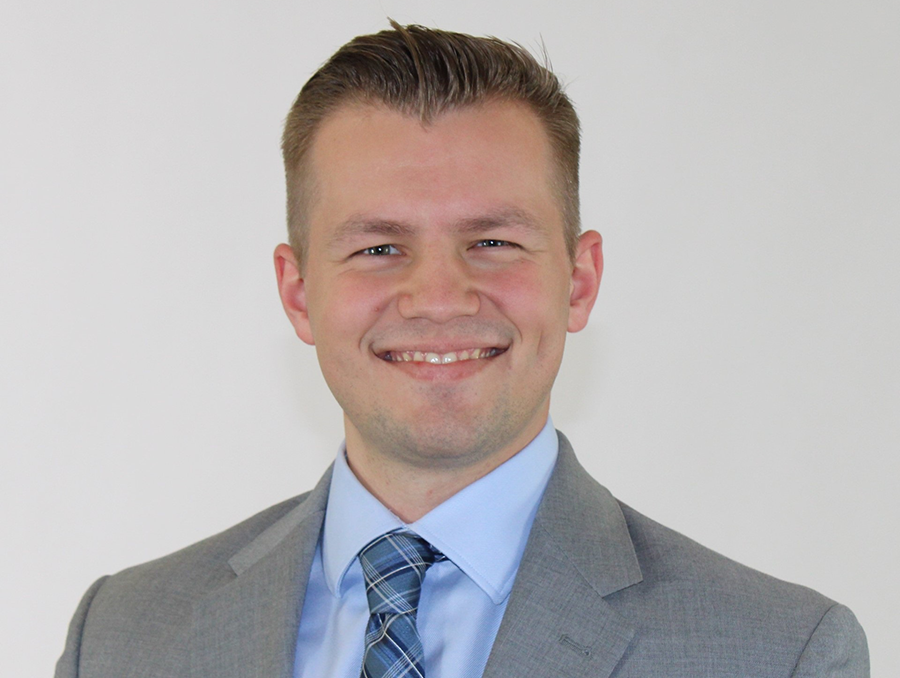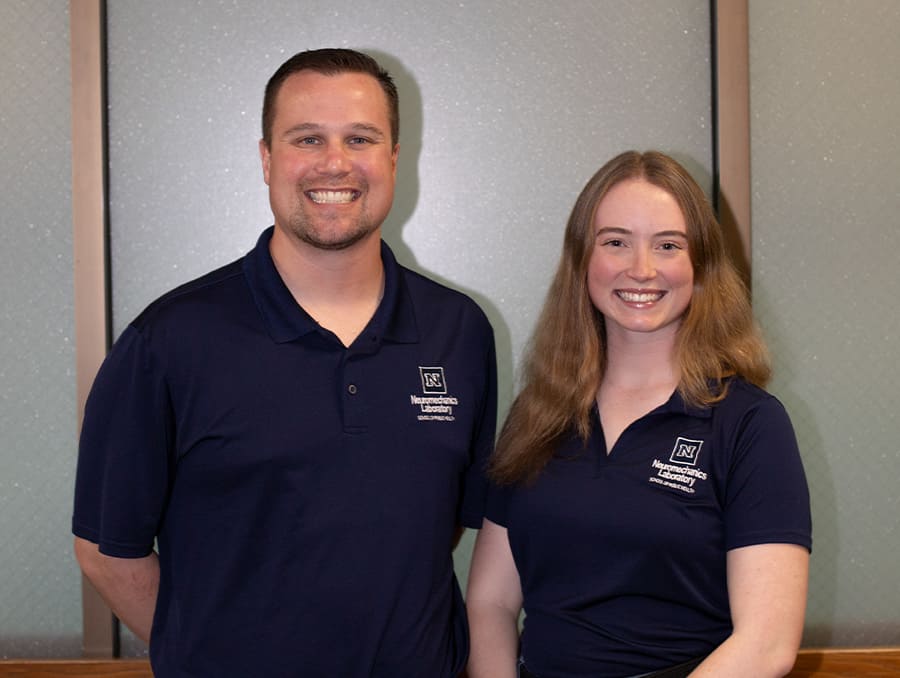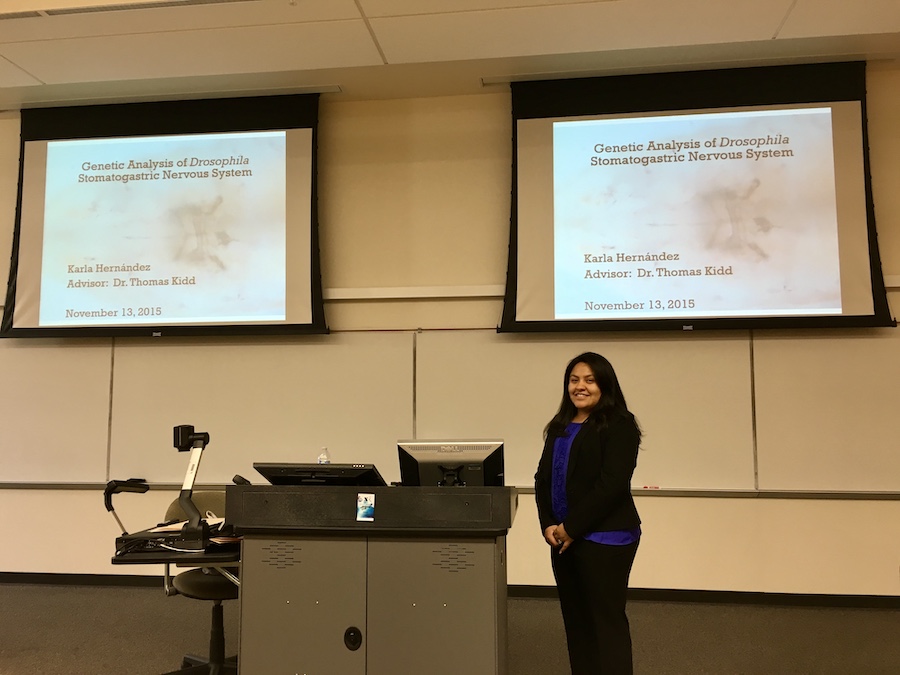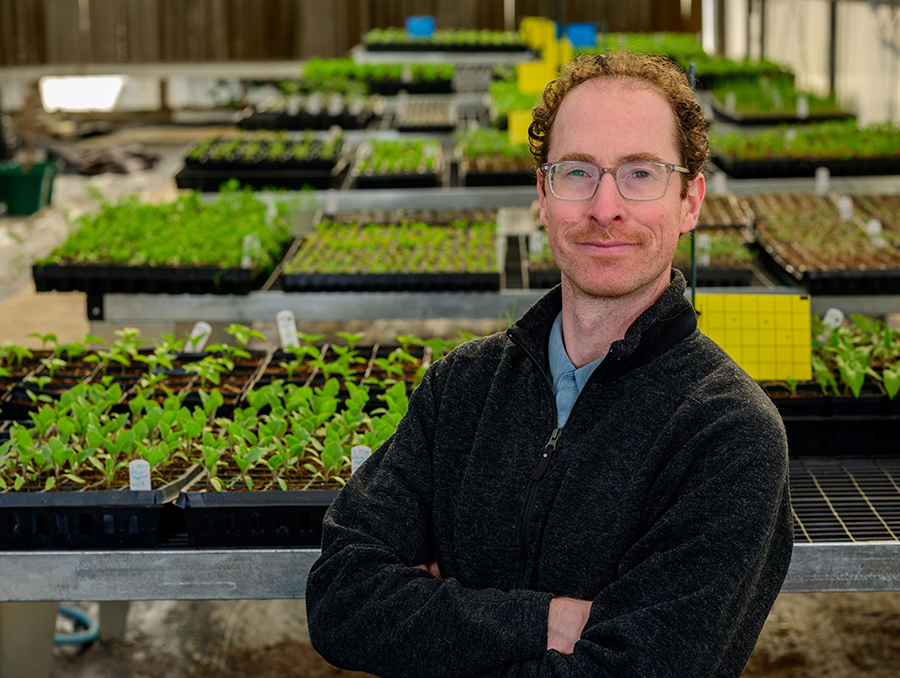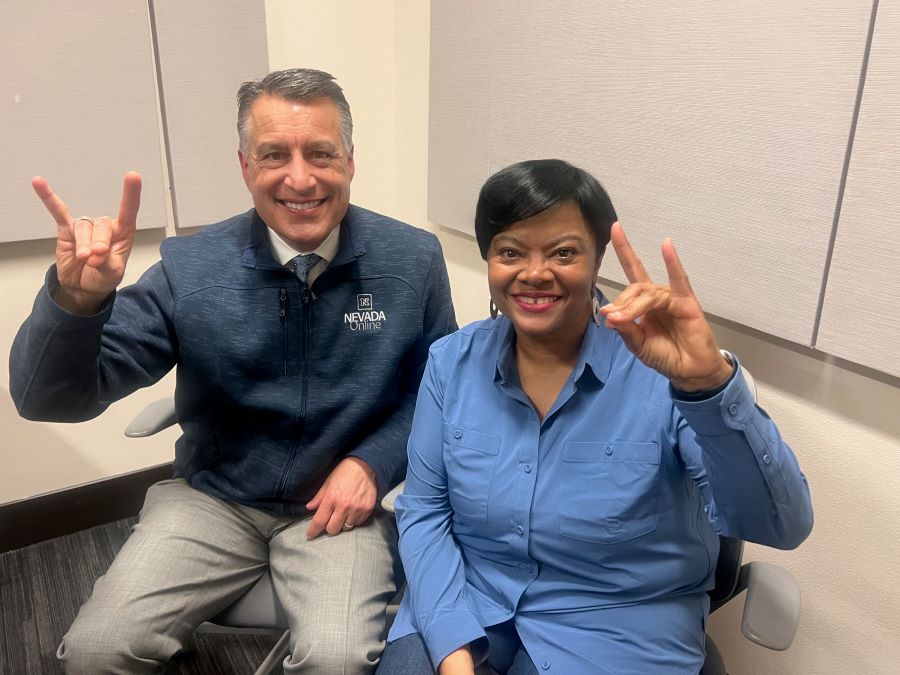Wei Yang, health informatics professor and director of the Nevada Center for Health Statistics and Informatics, has discovered that there are differences in the health behaviors among newcomers to Nevada and long-term residents. This is the first study to analyze statewide and comprehensive health behaviors on newcomers to Nevada.
In his study titled, "A Comparison of Health Behaviors between new and long-term residents in Nevada" Yang used the Behavior Risk Surveillance System (BRFSS) 2004-2006 to evaluate the health behaviors of groups living in Nevada less than one year (newcomers), one to five years, five to 10 years and more than 10 years or Nevada born. A total of 8,663 people participated in this study.
Yang will present his findings at the Nevada Public Health Association's annual conference Oct. 11-12 in the Boomtown Casino Conference Center, Reno.
"For the past two decades Nevada has been the fastest growing state in the nation," Yang said. "The demographic structure and health behaviors of newcomers could significantly impact Nevada's public health configuration which relates to health planning, prevention, health education and healthcare policies."
His findings revealed that newcomers to Nevada primarily come from California, are younger, have lower incomes, are less Caucasian in ethnicity and are significantly changing the demographic structure of the state.
"Newcomers demonstrate strong differences in certain behaviors including owning/living with a firearm and participating in preventative health screenings," Yang said.
Yang analyzed several categories of data including: preventative behaviors and policy, personal behavior choices, health status and women's health and men's health.
When evaluating preventative behaviors and policy, Yang asked participants if they had never had a pneumonia shot, had no flu shot in the past year, owned a firearm, had never been tested for HIV and had not visited a dentist in the past year.
Findings revealed long-term residents living in Nevada for more than 10 years were 6.8 times more likely to report living in a home with a firearm compared to newcomers. Newcomers were 1.7 times more likely to report never being tested for HIV when compared to longer-term residents.
When discussing his findings, Yang said, "Nevada's policies and culture may play a role in why so many people live with firearms in their homes. Additionally, the state's health insurance policies, health education, perception changes among residents, exposure to risk behaviors and accessibility to HIV tests may be related to why long-term residents are less likely to have never been tested for HIV."
Personal behavior concepts included: smoking, binge drinking, heavy drinking, no leisure time or physical activity and health risk behavior. He found that residents living in Nevada longer than one year were likely to report the same personal behavior choices when compared to newcomers. A marginal significance indicated that newcomers have more leisure time or physical activity than residents living in Nevada longer than one year, but are more likely to engage in heavy drinking.
When evaluating the health status of research participants, Yang tested the following concepts: self reported fair/poor health status, current asthma, diabetes, hypertension and disabilities. He found residents living in Nevada more than one year were two times more likely to report fair or poor health when compared to newcomers. Newcomers, however, were about two times more likely to be diabetic than residents living in Nevada for more than one year.
In the categories of women's health, participants were asked questions regarding mammogram screenings, Pap smear tests, breast exams, hysterectomies and obesity.
Long-term women residents were about 2.4 times less likely to report never having a mammogram when compared to newcomer women. Long-term residents that have lived in Nevada for five to 10 years were 2.2 times more likely to be obese when compared to newcomer women.
Men's health concepts tested included items about PSA tests, digital rectal exams, prostate cancer and obesity.
Findings revealed men living in the state between five and 10 years were about five times less likely to report having prostate cancer as compared to newcomer men. Additionally, men living in the state for more than 10 years were 3.2 times more likely to report never having a digital rectal exam as compared to newcomer men.
Results of the study revealed that 38.27 percent of newcomers come to Nevada from California; 7.01 percent come from out of the country; 4.54 percent come from Arizona and 4.35 percent come from Utah. Newcomers also have moved to Nevada from Texas, New York, Illinois, Colorado, Washington, Florida, Oregon and Idaho.
The majority of newcomers residing in Nevada are of Caucasian, Non-Hispanic descent and account for 52.3 percent of the population. Approximately 26.8 percent of newcomers are of Hispanic descent; 4.6 percent are of African American, non-Hispanic descent; 6.9 percent are non-Hispanic, African American and 9.4 percent are multiracial.
Newcomers also impact the economy of the state. Approximately 19.1 percent of newcomers earn less than $15,000 annually; 20.2 percent earn between $15,000 and $24, 999; 9.1 percent earn between $25,000 and $34,999; 23 percent earn between $35,000 and $49,999; 14.7 percent earn between $50,000 and $74,999; and 14 percent earn $75,000 or more.
Wei Yang is a professor in the School of Public Health in the College of Health and Human Sciences at the University of Nevada, Reno.
Researchers contributing to this study included: Fares Qeadan, Alicia Hansen, Judy Calder, Veronica Blas Dahir, Christopher Sanchez, Denise Moschetti and the Nevada BRFSS Advisory Committee which comes from different agencies cross Nevada including the University's Nevada Center for Health Statistics and Informatics, Nevada State Health Division, and the University's Center for Research Design and Analysis.
Through education, research, and community outreach, the College of Health and Human Sciences is dedicated to the development of tomorrow's leaders who will help build a healthy Nevada through the prevention and resolution of the issues that challenge people's everyday lives.





